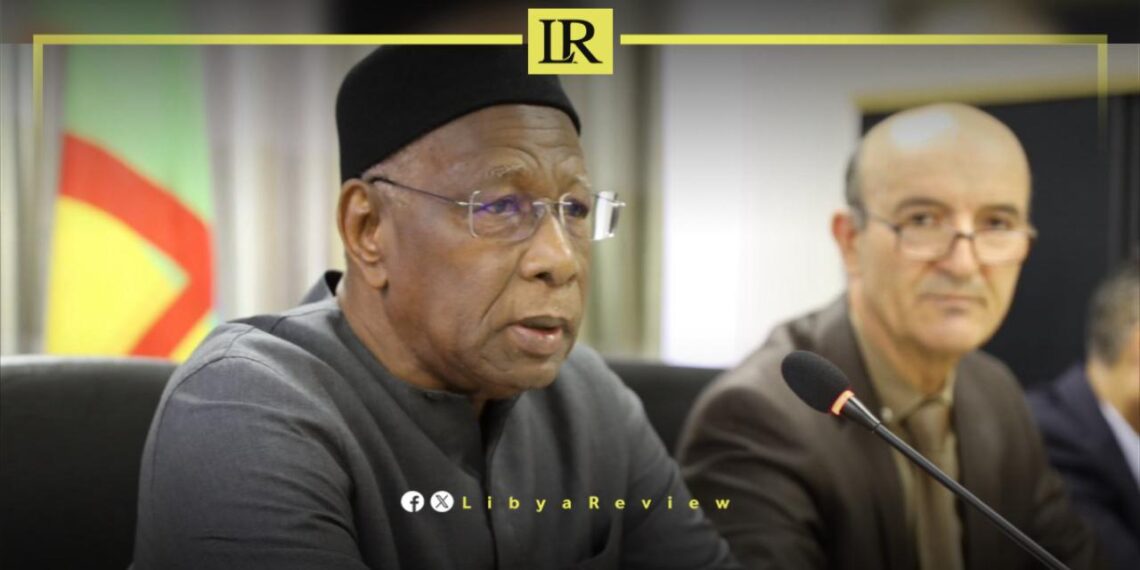The Head of the United Nations Support Mission in Libya, Abdoulaye Bathily, highlighted Libya’s abundant natural resources and human potential as keys to transforming the nation into a major economic force in the region. Bathily emphasised that peace and stability are contingent upon the establishment of legitimate institutions.
“Throughout my visits to numerous cities, engaging with a variety of citizens and cultural groups, I’ve discerned a clear desire among the Libyan people to resolve this crisis and achieve stability. The responsibility for the current division in the country squarely lies with its political leaders,” Bathily stated.
He continued, “Given that electoral laws are in place, the time is now ripe for a political settlement and the formation of a unified government to lead the country until elections are completed. I urge you, as Amazigh municipal leaders, to engage with national leaders to find a solution to the Libyan crisis.”
Bathily’s remarks come at a crucial time as Libya grapples with divisions and seeks a path toward unification and peace. His call to action underscores the urgency of collaborative efforts to bridge divides and pave the way for a stable and prosperous future for Libya.
This meeting underscores the UN’s ongoing commitment to supporting Libya’s journey towards peace and unity, highlighting the critical role of political leadership in overcoming divisions and fostering national reconciliation.
Libya has been in chaos since a NATO-backed uprising toppled longtime leader Muammar Gaddafi in 2011. The county has for years been split between rival administrations.
Libya’s economy, heavily reliant on oil, has suffered due to the ongoing conflict. The instability has led to fluctuations in oil production and prices, impacting the global oil market and Libya’s economy.
The conflict has led to a significant humanitarian crisis in Libya, with thousands of people killed, and many more displaced. Migrants and refugees using Libya as a transit point to Europe have also faced dire conditions.


